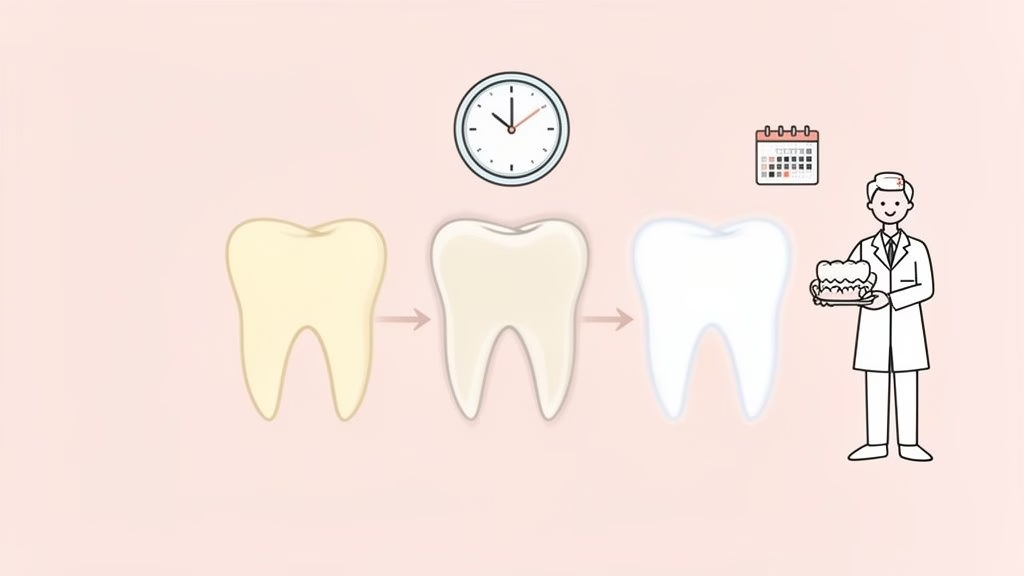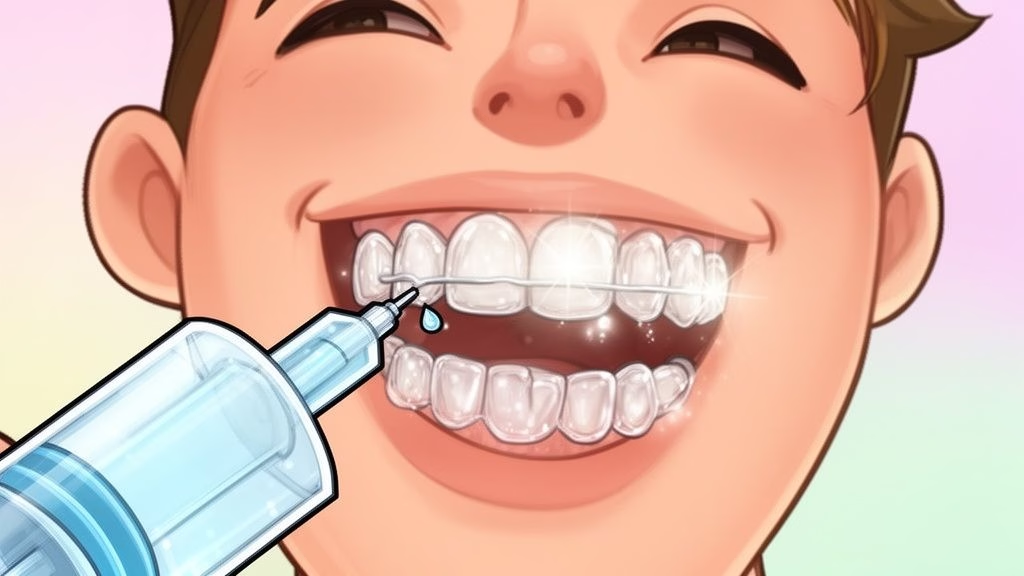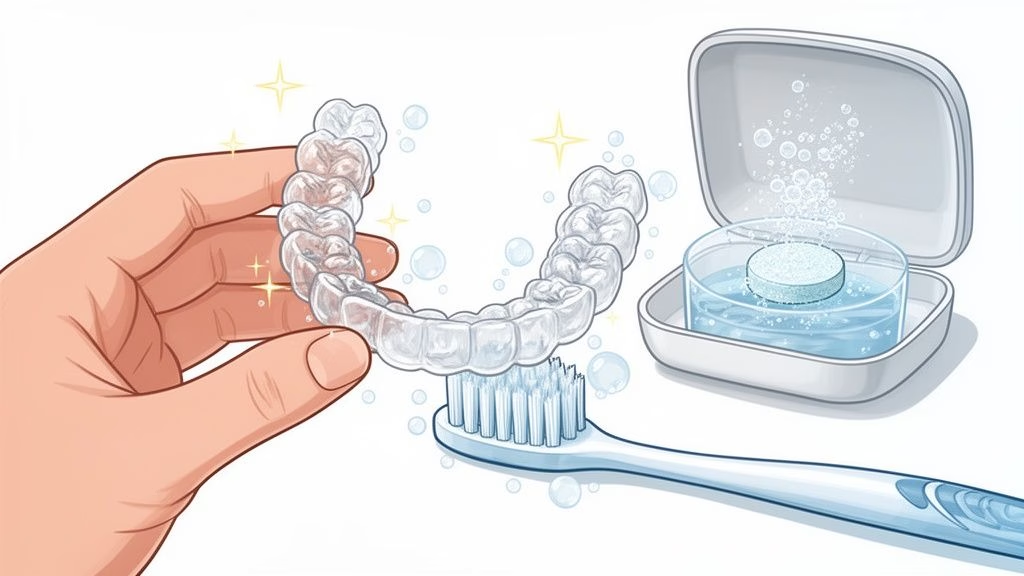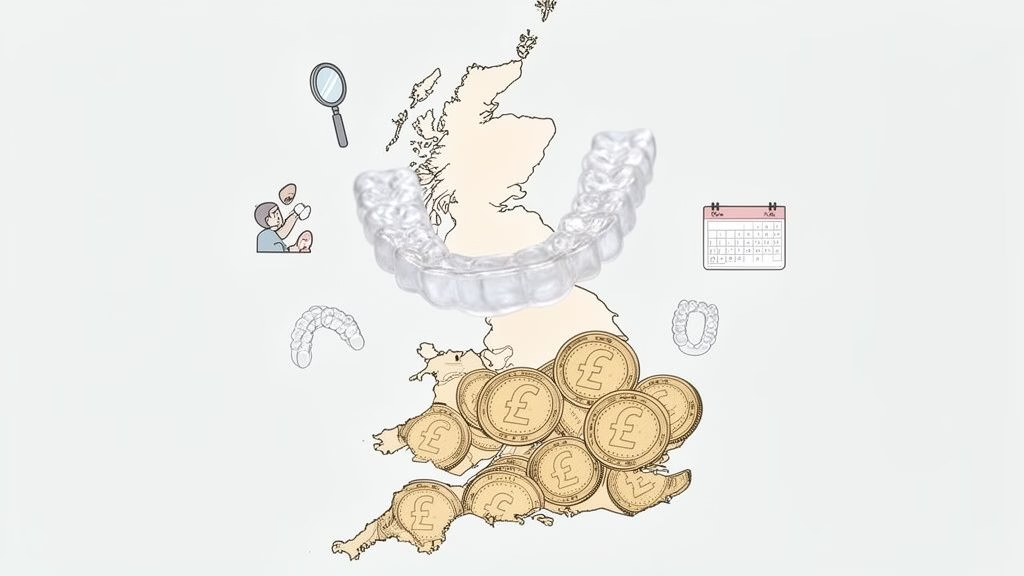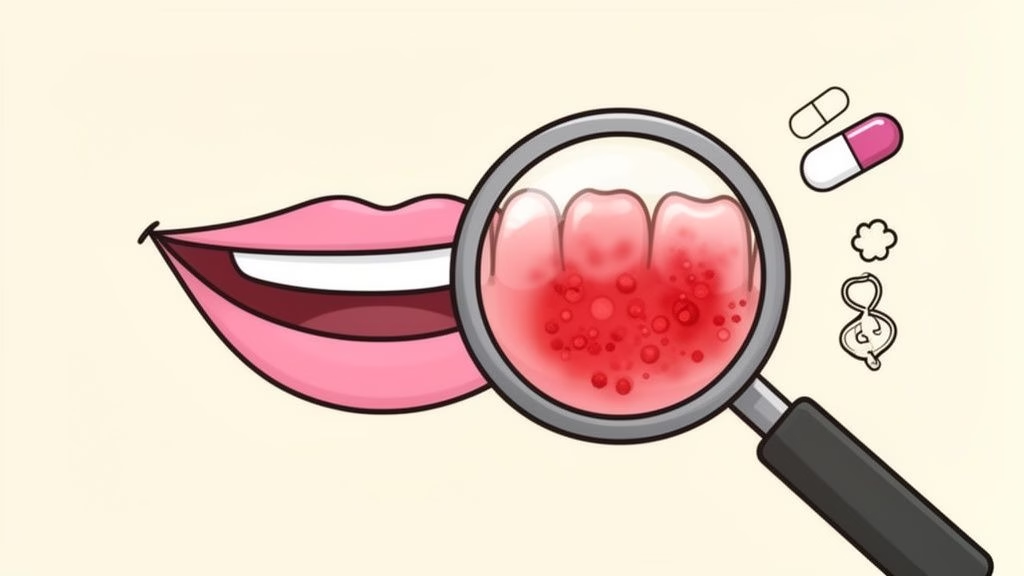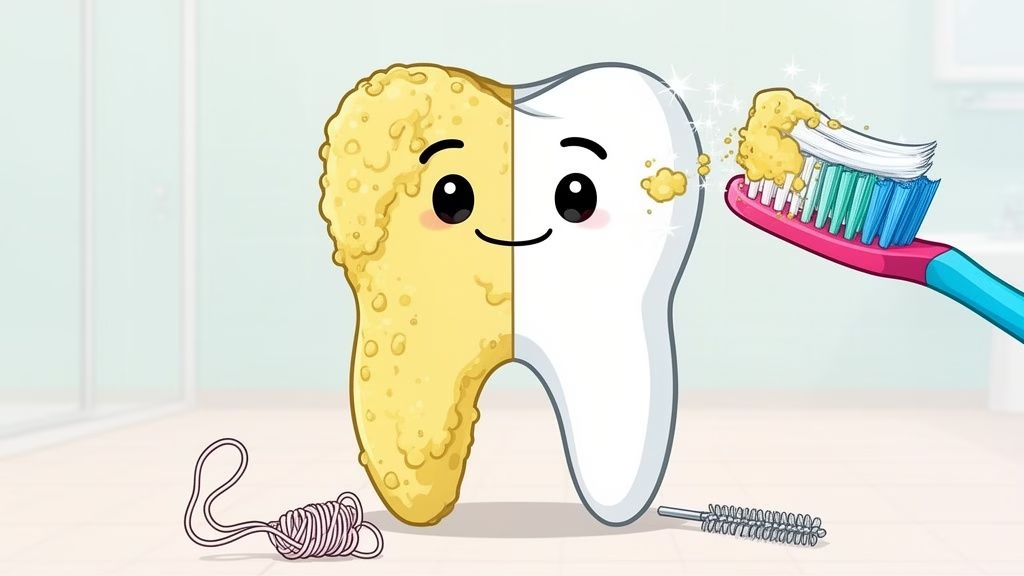Winter in the UK: How the Season Affects Your Dental Health and How to Stay Pain-Free

F-F-Freeeezing
Winter in the UK comes with its own set of challenges—freezing temperatures, shorter days, and the inevitable hunt for comfort foods and hot drinks. But while we’re bundling up and cranking up the heat, many of us overlook how the season can affect our dental health. From sensitivity to cracked teeth, the colder months can bring about unexpected issues for your teeth and gums.
Here’s a look at how winter impacts your dental hygiene and what you can do to keep your smile healthy and pain-free all season long.
1. Cold Weather = Sensitive Teeth
If your teeth twinge every time you step outside or sip on something hot or cold, you’re not imagining it. The cold weather can make already sensitive teeth even worse. When exposed to cold air, your enamel contracts slightly, which can irritate the nerves in your teeth—especially if your enamel is already worn or thin.
What You Can Do:
Use a toothpaste for sensitive teeth: Look for one with ingredients like potassium nitrate to help calm the nerves in your teeth.
Breathe through your nose: Avoid inhaling cold air directly through your mouth, which can aggravate sensitivity.
Visit your dentist: If sensitivity persists, it might be a sign of enamel erosion or an underlying issue like a cavity.
2. Dry Mouth from Central Heating
We all love a toasty home in the winter, but central heating can dry out the air—and your mouth. A dry mouth means less saliva, which is essential for washing away bacteria and protecting your teeth from decay.
What You Can Do:
Stay hydrated: Drink plenty of water throughout the day to keep your mouth moist and your saliva flowing.
Use a humidifier: Adding moisture to the air in your home can help combat dryness caused by heating systems.
Chew sugar-free gum: This stimulates saliva production, helping to keep your mouth hydrated.
3. Comfort Foods and Sugary Treats
Winter is the season for indulgence—mince pies, hot chocolate, biscuits, and all those festive leftovers. While these treats are tempting, the high sugar content can feed bacteria in your mouth, leading to plaque, cavities, and gum issues.
What You Can Do:
Limit sugary snacks: Save sugary treats for mealtimes instead of grazing throughout the day. Saliva production increases during meals, helping to neutralise acids and rinse away sugar.
Brush and floss regularly: Keep up with brushing twice a day and flossing once daily to remove plaque and food particles.
Rinse with water: After enjoying something sweet, rinse your mouth with water to reduce the sugar lingering on your teeth.
4. Cracked Teeth from Temperature Changes
That piping hot coffee or tea on a cold winter day might feel comforting, but the sudden change in temperature can cause tiny cracks in your teeth. Over time, these cracks can grow, leading to sensitivity, pain, or even broken teeth.
What You Can Do:
Avoid extreme temperature changes: Try not to switch from very hot to very cold foods or drinks in a short time. For example, don’t drink ice water right after a hot cup of tea.
Sip hot drinks carefully: Let your tea, coffee, or mulled wine cool slightly before drinking.
See your dentist: If you notice any cracks or discomfort, it’s best to get them checked before they worsen.
5. Winter Sports Injuries
If you’re into skiing, ice skating, or other winter activities, it’s important to protect your teeth. Slips and falls can lead to chipped or knocked-out teeth, which are no fun during the festive season.
What You Can Do:
Wear a mouthguard: If you’re playing sports or engaging in activities where falls are likely, invest in a custom-fit mouthguard to protect your teeth.
Be cautious on icy pavements: A simple slip on ice can lead to facial injuries, so tread carefully when walking outdoors.
6. Gum Problems from Seasonal Illness
Winter colds and flu can take a toll on your immune system, leaving your gums more vulnerable to inflammation or infections. Breathing through your mouth when congested can also lead to dry gums, making them more prone to irritation.
What You Can Do:
Keep up with oral hygiene: Even if you’re feeling under the weather, make sure to brush and floss daily to keep bacteria at bay.
Rinse with salt water: If your gums feel sore or inflamed, a warm saltwater rinse can help soothe them and reduce bacteria.
Use a soft-bristled toothbrush: This will be gentler on your gums if they’re feeling tender.
Bonus Tip: Don’t Skip Your Dentist Check-Up
It can be tempting to put off dental appointments during the busy winter months, but regular check-ups are essential for spotting issues early. Whether it’s a small cavity or early signs of gum disease, your dentist can help address problems before they turn into something more serious.
In Conclusion, A Pain-Free Smile This Winter
Winter might bring its challenges, but with a few simple steps, you can keep your teeth and gums in great shape. Focus on protecting your teeth from the cold, staying hydrated, and enjoying those festive treats in moderation. And don’t forget, if you notice any unusual pain or discomfort, your dentist is just a call away.
If you need quick advice this winter, apps like Toothfairy connect you with UK-licensed dentists for virtual consultations and support—all from the comfort of your cosy home.
Stay warm, stay safe, and keep smiling this winter! ❄️
Last updated on January 14, 2025

Dr. Deepak
ToothFairy Care Team.
Dr. Deepak
ToothFairy Care Team.
